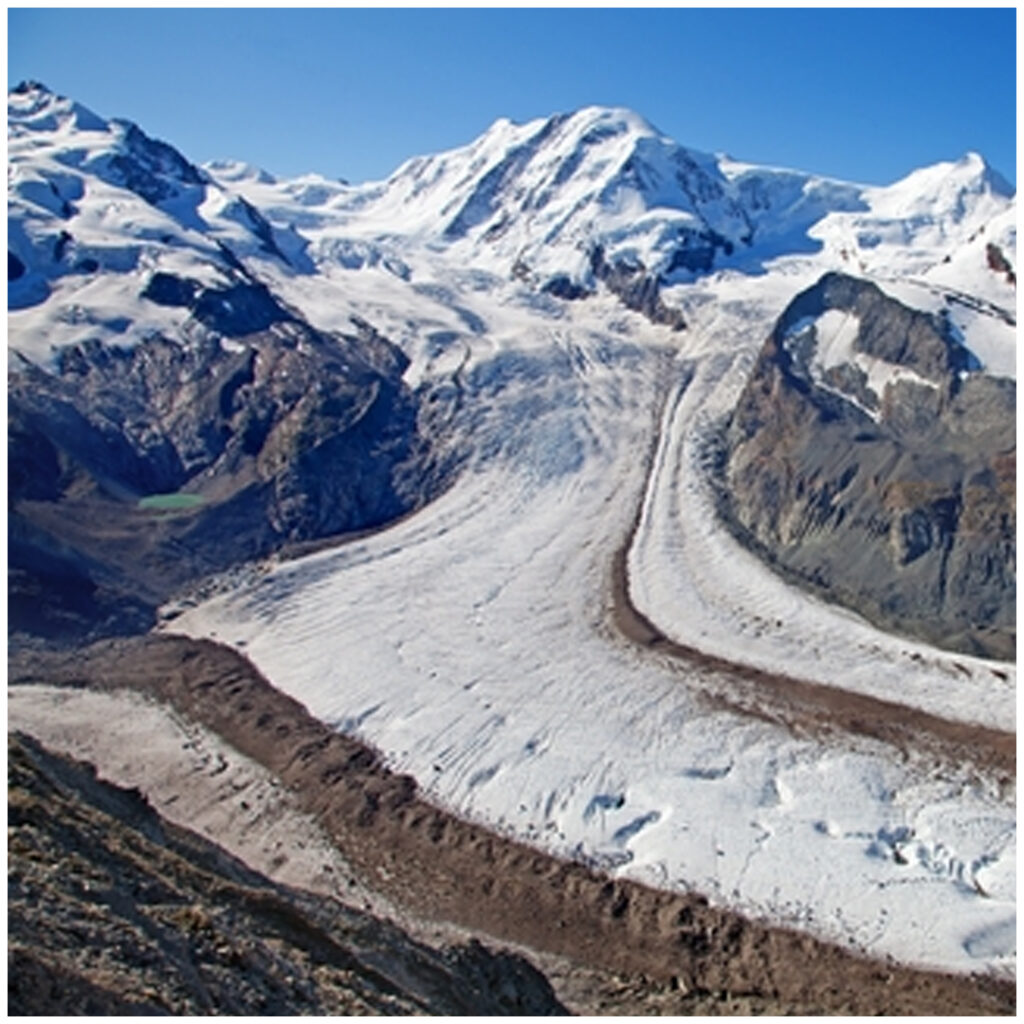The climate crisis has intensified across the globe, but Europe has been particularly hard-hit. Reports indicate that Europe is warming at nearly twice the average global rate, a phenomenon that poses significant risks not only to its environmental sustainability but also to its economic stability and public health.

Factors Contributing to Europe’s Rapid Warming
Several factors contribute to the accelerated warming in Europe. Firstly, the geographical positioning of Europe plays a crucial role. Much of the continent is landlocked, which can amplify temperature extremes. Furthermore, the high density of urban areas contributes to the urban heat island effect, exacerbating local temperature increases. Industrial activity and a significant dependence on fossil fuels have also added to the atmospheric concentrations of greenhouse gases in the region.
Impact on Glacial and Arctic Regions
The warming rates are particularly alarming in northern Europe, especially in the Arctic regions, which include parts of Scandinavia. These areas have experienced some of the most dramatic increases in temperatures, leading to glacial melt and permafrost thaw at unprecedented rates. This not only contributes to global sea level rise but also releases previously trapped methane, a potent greenhouse gas, thus accelerating global warming further.
Effects on Biodiversity and Ecosystems
The rapid climate change in Europe threatens its biodiversity and ecosystems. Shifts in temperature and weather patterns have led to habitat loss and have altered the natural cycles of wildlife. For instance, the timing of flowering in plants and breeding in birds has been disrupted, which in turn affects food availability and predator-prey relationships. The overall health of ecosystems, such as forests and marine environments, is also at risk, impacting species survival and biodiversity.
Economic and Social Implications
The economic and social implications of these environmental changes are profound. Agriculture faces threats from unpredictable weather patterns, including increased frequency and intensity of droughts and floods, affecting crop yields and food security. Additionally, health risks are escalating, with heatwaves and new vector-borne diseases emerging as significant concerns for public health authorities.
Urgent Call for Action
The situation demands an urgent response. European nations are being called upon to implement robust climate policies that go beyond current commitments. Transitioning to renewable energy sources, enhancing energy efficiency, and fostering sustainable urban planning are critical measures that need to be accelerated. Moreover, engaging the public and raising awareness about the urgency of the climate crisis are vital steps toward fostering community-led environmental stewardship.
ConclusionThe climate crisis in Europe is a clear signal that immediate and sustained action is necessary. As the continent experiences warming rates that surpass global figures, the need for an integrated approach to climate adaptation and mitigation becomes ever more apparent. Policymakers, businesses, and citizens alike must unite in their efforts to address this unprecedented challenge, ensuring a sustainable future for the next generations.






















